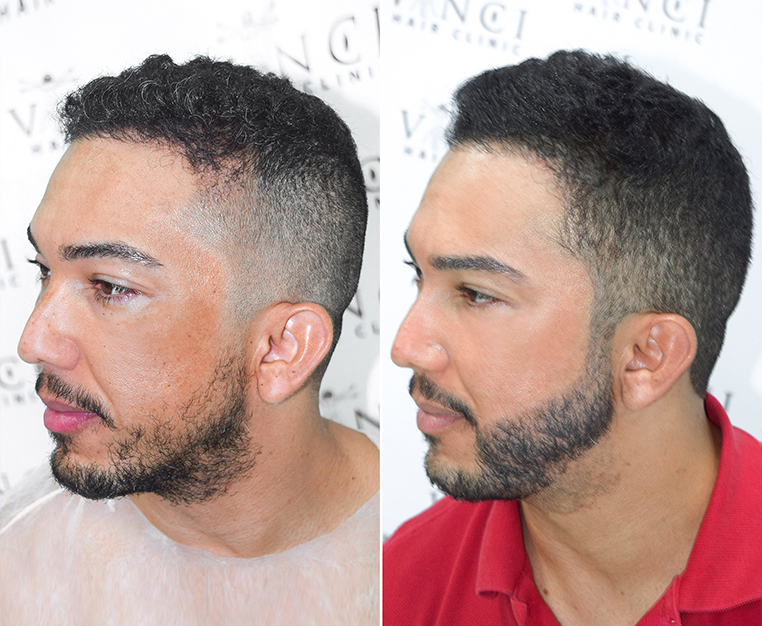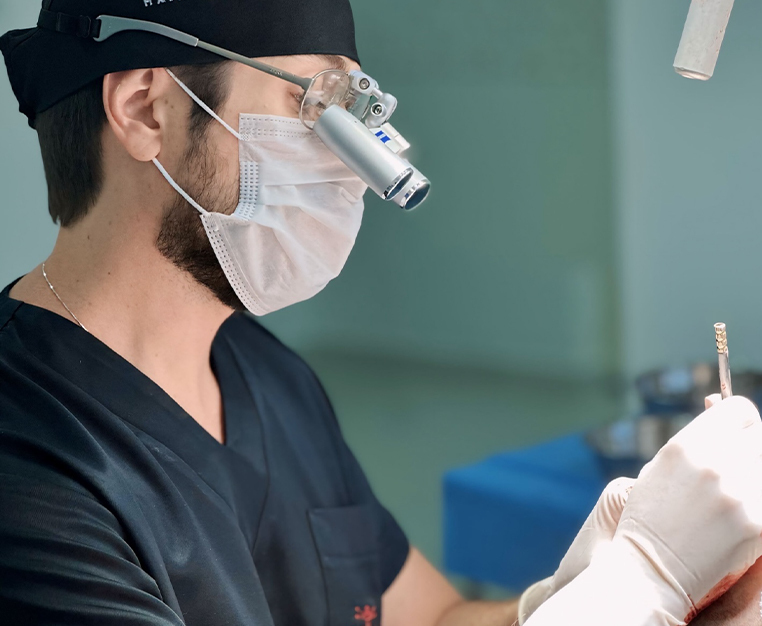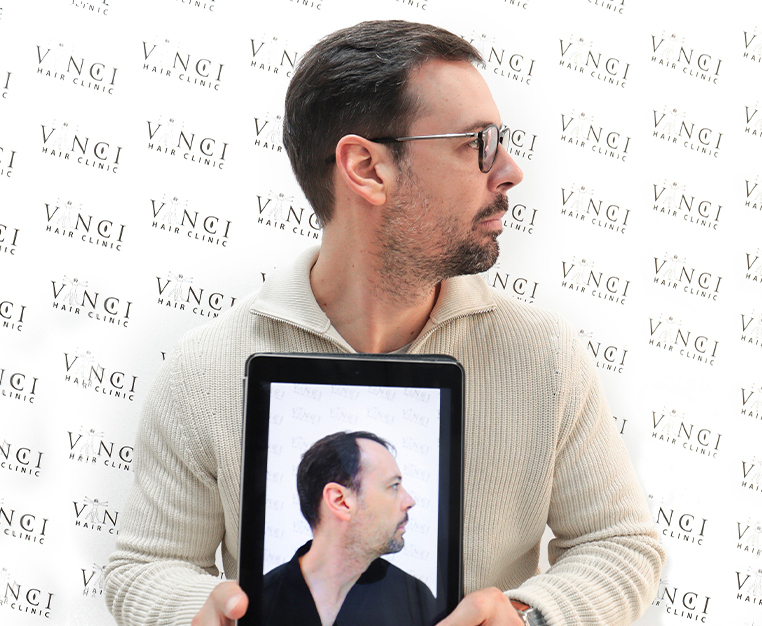Hair loss is a common issue that seriously affects our looks and confidence. Some degree of hair fall is to be expected. Roughly one hundred strands leave our scalp every day as part of the natural growth cycle. These dead strands need to fall and be replaced by new ones. The problem begins when no new hair follicles grow back to replace the lost hair. Today, we’re looking at the causes.
Six Factors That Cause Hair Loss in Women
-
Genes
Genetic traits are responsible for much of what makes each of us unique, from behaviour to face shapes and even hair loss. It makes sense to observe the hair patterns of your parents and grandparents. Did they experience hair loss? What was the cause of it? If it was purely genetic, this explains your hair loss too. Treating this type of hair loss is more difficult compared to hair loss caused by other factors.
-
Hormonal changes
During the lifetime of a woman, hormonal changes happen because of malnourishment, childbirth, pregnancy and menopause. These changes trigger corresponding physical changes, including to the hair. Pregnancy is characterised by healthy hair due to an increase in oestrogen while the post-partum period is accompanied by hair loss. However, this hair loss caused by hormonal changes is likely to be temporary; your hair will grow back once hormone levels have returned to normal. Hormonal changes that occur as part of menopause are irreversible, however.
-
Medical conditions
Different medical conditions such as alopecia universalis, ringworm or alopecia areata, can be the cause of hair loss. These conditions need to be closely examined to determine the right treatment but first consult with a trichologist who can diagnose the condition accurately.
-
Medications or supplements
Supplements taken to increase physical performance or different medications can have side effects that affect hair health and subsequently lead to hair loss. Some of these drugs might be used for treating heart problems, depression or high blood pressure. Also, treatments such as chemotherapy can lead to hair loss.
-
Stressful events
Stress affects hair loss by pushing follicles into the resting phase and limiting their regenerative abilities. It also weakens the strands and makes them prone to breakage. This condition is known as telogen effluvium. While it is widespread, hair can return to its growing cycle with the reduction of stress.
-
Extreme hairstyles
When styling your hair, you’re making it stand in a specific shape. If this involves tightening and pulling it back, then you might be leaving yourself open to traction alopecia. This type of hair loss can be easily reversed when you ditch the damaging hairstyles.
Most types of hair loss in women can be stopped or reduced with the proper nourishment and treatments. Besides using chemical-based medications, hair experts have recently been exploring treatments containing natural oils.
Can We Stop Hair Loss with Oil Treatments?
Experts say that the answer to this question varies depending on what has caused the hair loss and its severity. Normally, these oils won’t restore hair to your bald spots, but they can reduce thinning hair and make the hair appear fuller. Some effective oils are:
Peppermint and tea tree oil can be applied topically on your scalp to prevent the scalp from itching. They also remove flakes or fungi that don’t allow the proper growth of the follicles. Their antimicrobial properties cleanse your scalp from dandruff and bacteria that clog your follicles and damage hair health.
Jojoba, almond, argan, and grapeseed oils nourish your hair with the proper ingredients needed for growth and strength. The antioxidants and fatty acids they contain give the hair a shiny look by keeping it moisturised and encouraging the flow of nourishing elements towards the follicles. Applying these oils a few times per week can make your hair healthier.
Rosemary oil has been shown by research to rank alongside traditional medications such as Minoxidil for effectiveness. Rosemary oil can be applied topically, and even combined with scalp massages, to relax the scalp and improve the blood circulation for well-nourished hair.
Karanja, shikakai, baobab, and brahmi, are four types of lesser-known oils that aren’t readily available in the market since they grow in South Asia and India. However, they have been used for several years to treat hair loss and promote hair growth.
What’s the science behind this?
The oils mentioned here have been used since antiquity to keep skin, nails and hair cleaner and healthier. These plant-based liquids soften the scalp to prevent itchiness, clean it from pollutants and dandruff and soothe the blood vessels, allowing easier passage for the blood and its nourishing elements.
Applying the oil to your scalp is easy since you can spread it in under a few minutes or even combine it with a scalp massage. Start by distributing the oil slowly across your scalp and into the hair strands. Massage the scalp for at least five minutes and spread the oil down to cover the surface of the entire follicles.
Final Thoughts
Oils have been used in self-care for centuries. The main reason why our hair falls is that it lacks moisture and proper nourishment. These oils help fight dryness and enhance blood circulation in the scalp area. They have minimal side effects and can be applied easily.
Not all types of hair loss can be treated with these oils, however, and you might require other surgical or non-surgical treatments. Start by consulting with a hair expert who can guide you to the appropriate treatment. Contact Vinci Hair Clinic today to book your appointment for a free consultation!





